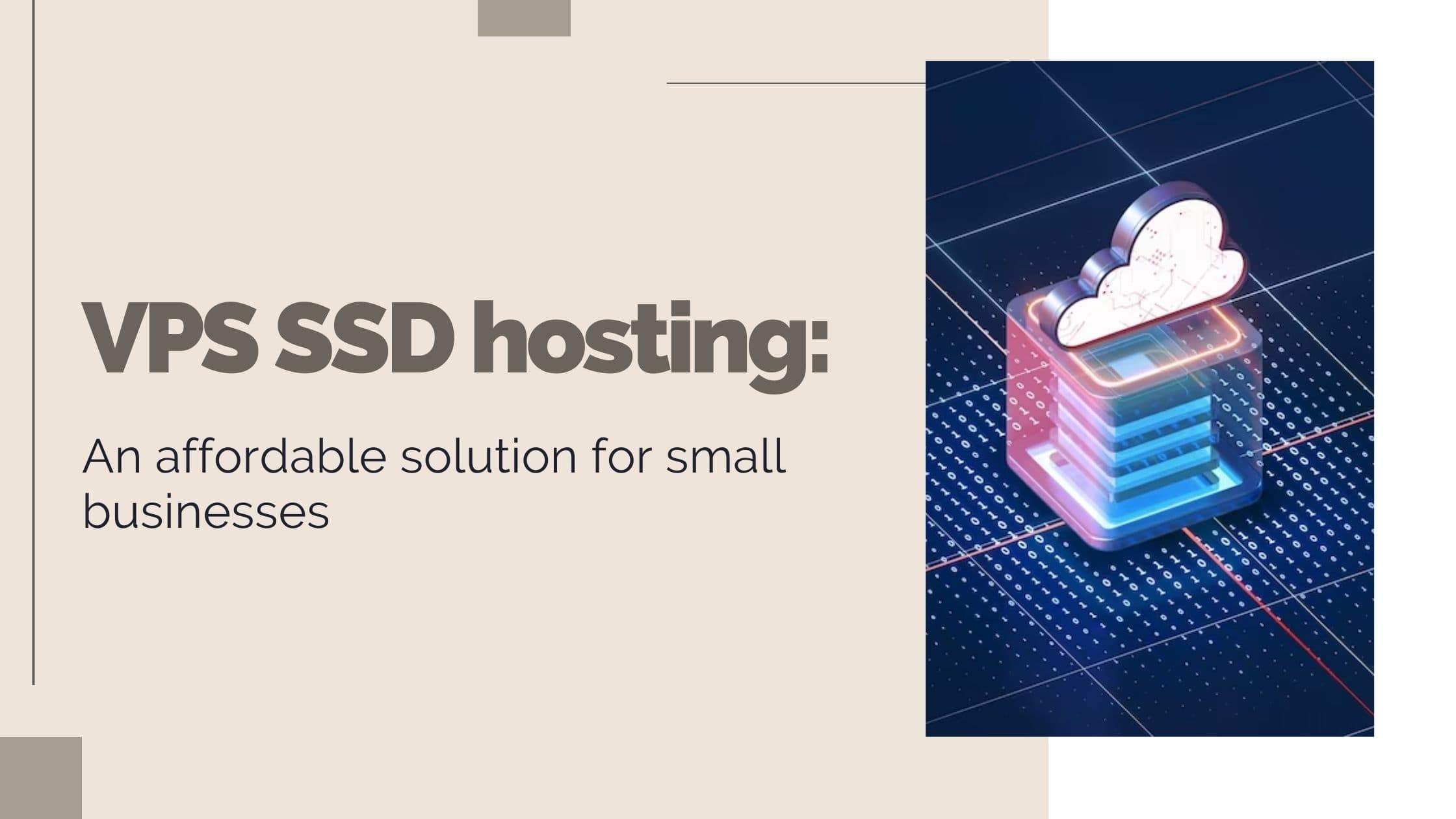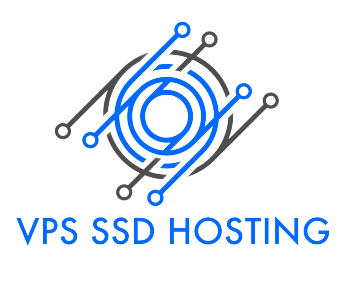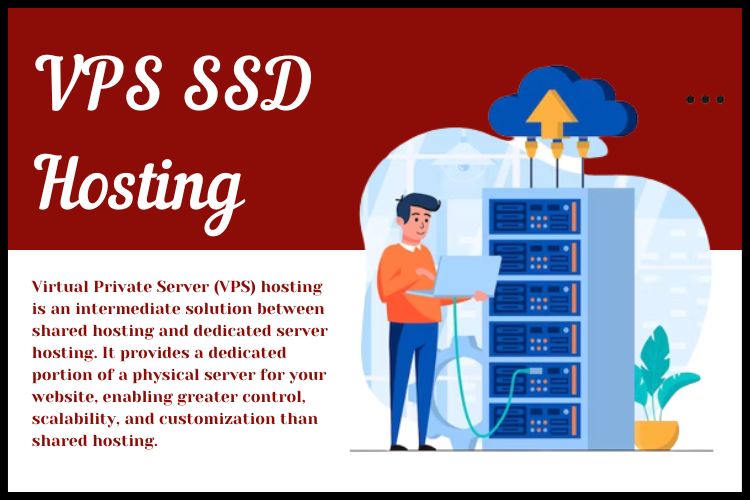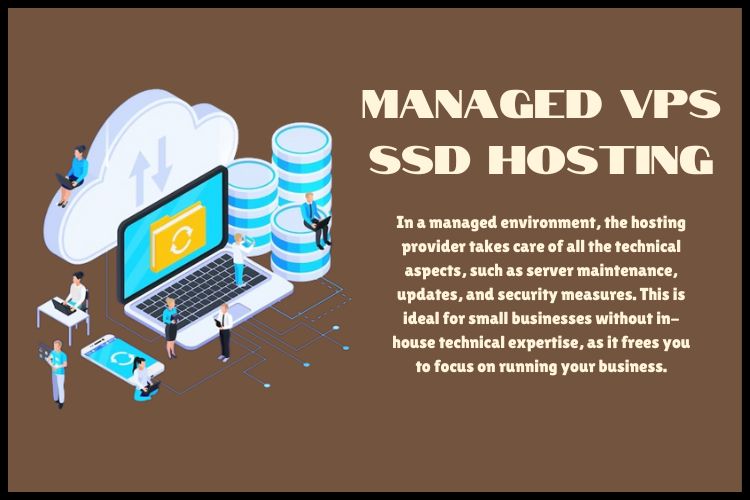Summary

Article Name
VPS SSD hosting: An affordable solution for small businesses
Description
In an increasingly digital world, a robust online presence is essential for businesses of all sizes. Yet, the complexities and costs of web hosting can be daunting for small businesses with limited resources.
Author
Iram
Publisher Name
VPS SSD Hosting
Publisher Logo


